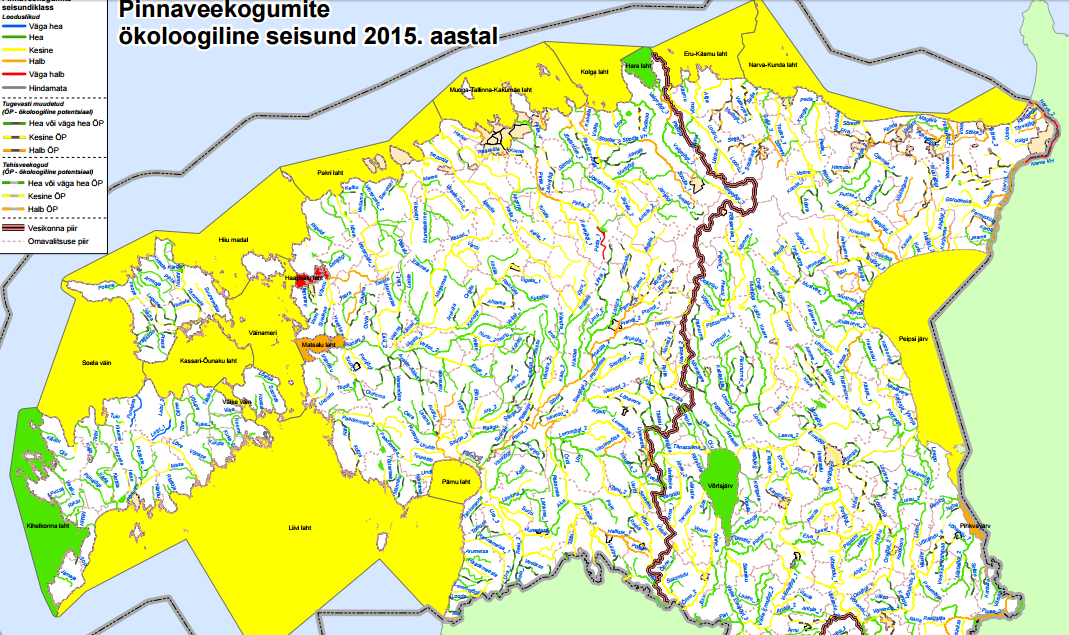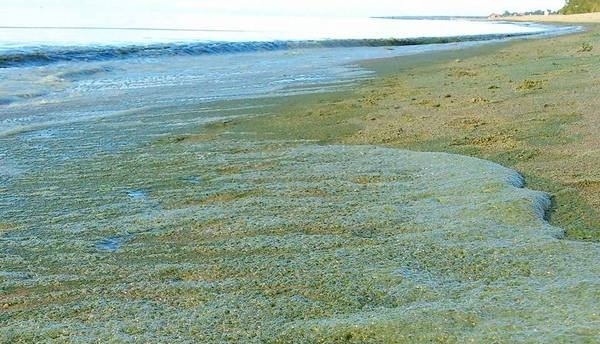Natural disasters
Natural and disasters
2. Estonia
2.1 Shale mining (in the north-east of Estonia)
Eesti Energia (Estonian Energy) is a
company responsible for electricity
supply in the country. The company
mines approximately 15 tonnes of shale
per year.
Consequences
10 000 ha. are covered with quarries and slagheaps;
Mines have made 20 000 ha. of territory unsuitable for living
or any other activity except for shale mining;
Near the power stations there are piles of ash which fills
subterranean waters, forms alkaline compounds. As a
consequence, water reserves and agricultural lands cannot be
used in any way
Getting electricity by means of shale burning
Power Plants running on shale oil produce over
90% of all the electrical and thermal energy, which
is consumed in Estonia.
Besides that shale is one of the cheapest energy
sources, shale burning is one of the dirtiest ways to
produce energy. After oil shale burning there are
5-5,5 million tonnes of burnt shale ashes emitted
per year as well as air polluting substances
2.2 Water pollution
 After the IIWW 3 millions tonnes of
After the IIWW 3 millions tonnes of
chemical weapons consisting of 14
poisonous radioactive substances were
dropped into the Baltic Sea. Plus, there are
a few sunken nuclear submarines in the
depths of the sea.
 The emergence of cyanobacteria is a
The emergence of cyanobacteria is a
result of hot weather (+35°C). The
substances that cyanobacterias emit may
cause respiratory muscle paralysis, kidney
and liver tissue destruction and death.
2.3 Deforestation
About 54% of Estonia is covered with forests
(2,284,000 ha.)It causes:
Animals and birds leave their habitats
Cutting out valuable species of plants
Lack of oxygen